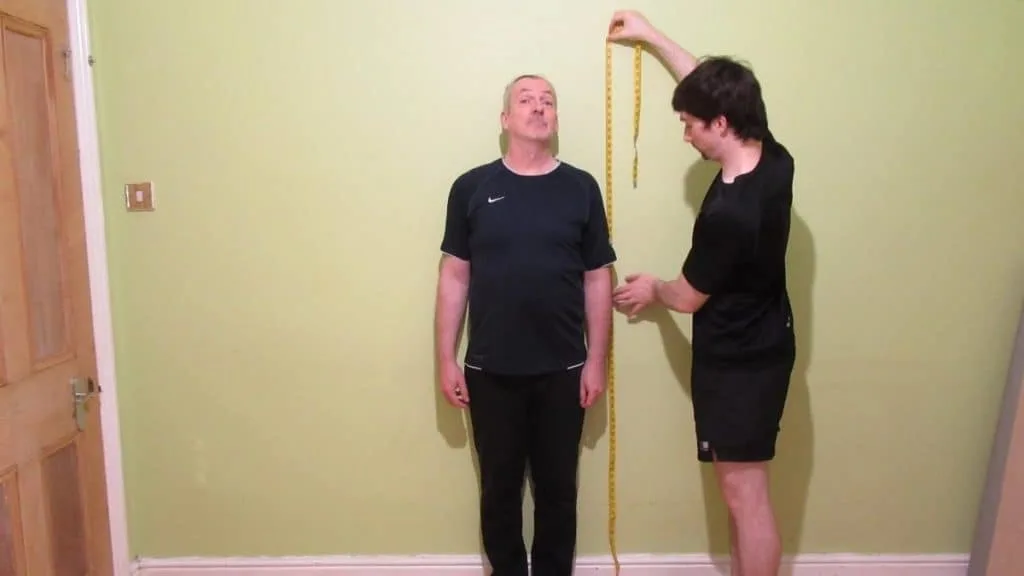If you’re searching for guides, strategies, or programs that will show you how to grow a foot taller, then I’m afraid that you’re going to come up empty.
While there are many outrageous height-increasing claims out there, the simple truth of the matter is that growing a foot taller outside of puberty is simply impossible.
More Height Gain Guides:
Can you grow a foot taller in a week or a month?

Can you grow a foot taller in a week or a month? No, it’s physically impossible to grow a foot taller in a day, week, month, or any other short period of time.
The human bones, although they grow rapidly during puberty, simply do not develop fast enough for you or anyone else to grow a foot taller in the space of a week or a month.
Even during a year or more, it’s incredibly unlikely that a person would get a foot taller unless they’re an extreme late bloomer who’s rapidly catching up to their height potential.
How long does it take to grow a foot taller?

The reality is that most people won’t grow a foot taller during puberty.
Sure, some people will grow an entire foot taller, but this isn’t typical for the vast majority of people.
But, presuming that you are going through puberty and that you do have the genetics to be tall, then, at a normal rate of growth, you might get a foot taller in 4-6 years.
Your exact rate of growth (as well as your final height) heavily depends on your genetics and, to a lesser extent, your nutrition, sleep quality, and physical activity.
How can you maximize your chance of growing a foot taller?

Expanding on the final point in the previous section, you can optimize three major environmental factors—diet, sleep, and exercise—in order to maximize your height potential.
In terms of nutrition, you should avoid junk food as it’s usually devoid of vitamins and minerals, which are available in abundance from fruits and vegetables, as well as meat, dairy, fish, nuts, seeds, and beans.
As for exercise, it’s well-known that intense workouts stimulate higher amounts of growth hormone production. But what’s less clear is if these temporary HGH spikes actually have any direct impact on your height.
Since the evidence is unclear at this point, your best bet is to make some of your aerobic workouts very intense, such as sprinting, and perform others at a more moderate intensity, say, calisthenics, so that you give your body a chance to recover and grow.
Sleep is vital for growing a foot taller (and gaining height in general) because it will enable you to recover from your exercise and also take advantage of yet more growth hormone release.
Why do some people want to get a foot taller in the first place?

If a person is significantly shorter than their peers or colleagues, then they may want to grow a foot taller so that they can feel like they fit in.
If you’re really short and those around you are fairly tall, then your height might attract unwanted attention. However, it’s unlikely that professional and polite people will belittle you for being of a short stature.
So, while growing a foot taller might be the ideal scenario in your mind, you also need to be realistic.
Yes, you can use height-increasing products like insoles and shoes, but these things don’t boost your natural height; they just elevate you while you’re in public.
Additionally, you can improve your posture, which will certainly make you look slightly taller. But neither of these tactics will add a foot to your height.
Related: 1 foot height difference
In conclusion
Although a minority of people will grow a foot taller during their pubertal development, increasing your height by a foot isn’t the norm. And you certainly shouldn’t feel like you need to get a foot taller in order to be accepted by others.
This article has outlined a few good ways that you can make the most of your growing years, but it’s important to remember that your genetics have the final say on how tall you can get.

